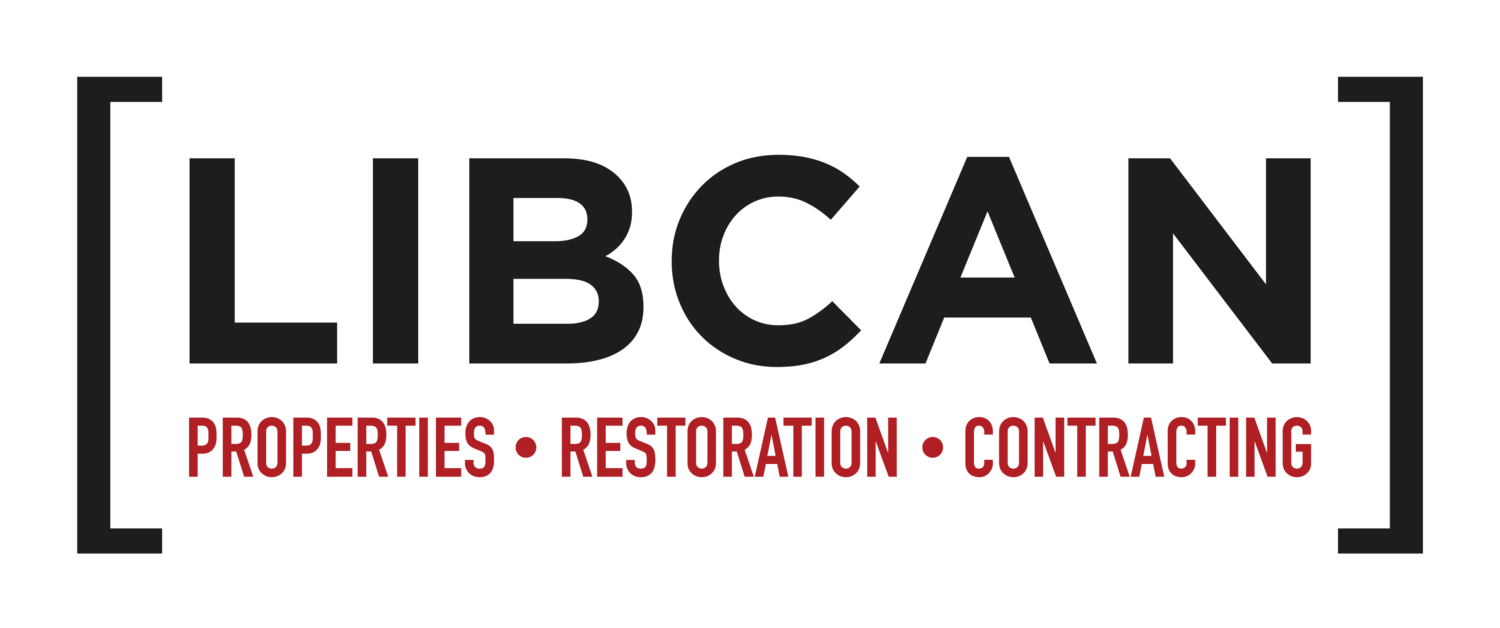
Home Fire Safety
-
Install a smoke alarm that is no more than 10 years old in the hallway on each floor of a home and in the kitchen, test it at least once a month and ensure it is in functional working order at all times.
Batteries should never be disconnected and should be test monthly or whenever an alarm “chirps” to signal low battery and replaced at least annually including in hard-wired smoke alarms with battery back-up.
The smoke alarm must have a distinct warning signal that can be heard even while asleep.
If a fire occurs in your home, you have to get out fast. The key to surviving a fire is planning ahead by having an escape plan. The plan must be well thought out and rehearsed periodically by all occupants of the home. Part of the plan should include frequent testing that all windows open properly and the exits set out in the plan are not obstructed. Ideally, there should be an alternate exit from each room and a meeting place established outside the home where everyone is to meet.
If you encounter smoke while you are escaping from a fire, use an alternative escape route. If you must escape through smoke, crawl on your hands and knees, keeping your head 12 to 24 inches above the floor, where the air will be cleaner.
If your clothes catch fire, don't run. Stop where you are, drop to the ground, cover your face with your hands, and roll over and over to smother the flames.
In the case of a burn, run cool water over the burn for 10 to 15 minutes. Never apply ice. Never put butter or any other grease on a burn. If the burned skin blisters or is charred, see a doctor immediately.
-
Basements, closets and attics should be kept clear of rags, papers and other combustible materials.
A dryer lint filter must be cleaned after each use and the dryer air duct thoroughly cleaned on a regular basis and at least once per year.
A furnace should be cleaned and inspected at least annually by a qualified professional and the area around the furnace kept clear of all articles.
The house civic number should be clearly visible from the street and all occupants of the home should be aware of the correct address and closest cross streets for direction purposes when calling 9-1-1.
Flammable liquids (including gasoline, acetone, lacquer thinner, alcohol, turpentine, contact cements, paint thinner, varnish, kerosene, charcoal lighter fluid, etc.) must be kept out of the reach of children and stored in small quantities in properly labelled, tightly closed, non-glass containers and stored away from heaters, furnaces, water heaters, ranges, and other gas appliances.
Chimney and stovepipes should be cleaned at least annually and checked frequently during the heating season for creosote buildup.
All combustibles (curtains, chairs, firewood, etc.,) should be placed at least three feet away from the stove.
Ashes should be stored in a metal container with a tight-fitting lid for removal.
Fireplace screens should be sturdy and used at all times in front of a fireplace to deter sparks from entering the room.
Ideally smokers should smoke outside and ash receptacles used which are checked to ensure cigarettes are extinguished before emptying.
Candles must have sturdy and safe holders and kept at least a foot away from any combustible material.
Cigarette lighters and matches must be kept out of the reach of children.
-
The installation and extension of electrical wiring should only be completed by a qualified electrician.
Extension cords must always be in good condition (no cracks or frays), should only be used for temporary purposes, and should be unplugged when finished and not placed under carpets.
Kitchen appliances (e.g. coffee machine, toaster and other small appliances) should be plugged into separate outlets and not to multi-plug adapters and should be unplugged when not in use.
Monitor cooking closely. Keep cooking areas clear of combustibles. Wear clothes with short, rolled-up or tight-fitting sleeves when you cook. Turn pot handles inward on the stove where you can't bump them and children can't grab them. If grease catches fire in a pan, slide a lid over the pan to smother the flames and turn off the heat source. Leave the lid on until the pan is completely cool.
Placement of portable electric heater should always be on a level floor and no less than three feet from any furniture, drapes, bedding or other combustible materials and it should be turned off at all times when not being monitored (when no one is in the room or house and when sleeping).
-
When it comes to fire, adults over the age of 65 are at greater risk than any other group. They may need help to know how to protect themselves.
The smoke alarm needs to be loud enough for them to hear when it activates and they need to know what to do when the alarm sounds.
Place a phone near the bed. Make arrangements with a close-by neighbour for the older adult to call in case of an emergency including when the smoke or fire alarm sounds in their home or apartment. Let the neighbour know what medications the older adult is taking and particularly any that may make them drowsy.
Check their pots and pans for scorch marks which could indicate they may be leaving them on the burners unattended. Rehearse with them what to do if a pot on the stove catches on fire including keeping a proper fitting lid nearby to slide over the burning pot.


